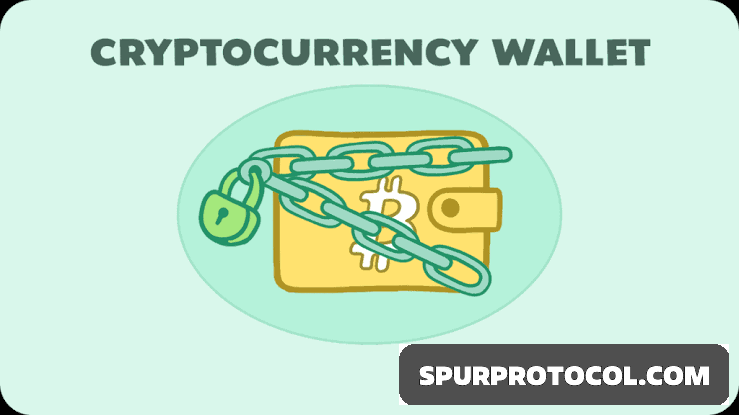Not Your Keys, Not Your Coins.
Not Your Keys, Not Your Coins: Why Crypto Wallets Matter More Than You Think.
Go Back

🕒 10:17 PM
📅 May 26, 2025
✍️ By Osematto
Let’s be real—crypto isn't just about flipping coins or chasing hype. It's about control. Of your assets, your identity, your access. And that control starts with something most people overlook: your wallet.
A crypto wallet isn’t a storage box for your coins—it’s a tool that holds your private keys. Those keys are what prove you own your assets. No keys = no control. Simple.
There are two types of wallets, and this part really matters:
Custodial wallets (like Binance or Coinbase) are convenient, but you don’t control the keys—they do. That means if the platform freezes your account or goes bankrupt, you could lose access to everything. It’s like giving someone else the keys to your safe and hoping they never change the locks.
Non-custodial wallets (like MetaMask, Trust Wallet, or hardware wallets like Ledger) give you full control. No one can touch your assets unless you sign off. That’s what real ownership looks like in crypto.
But with that power comes responsibility. Lose your seed phrase? Click a shady link? No customer support is coming to the rescue. This is self-sovereignty, and it doesn’t come with training wheels.
Tips for staying safe:
Write down your seed phrase. Offline. Twice.
Never screenshot it. Ever.
Use a hardware wallet if you're holding large amounts.
Don’t connect your wallet to random sites or apps.
Always triple-check what you're signing.
Your wallet is more than a tool—it’s your passport to Web3. It lets you trade, earn, lend, collect NFTs, join DAOs, even prove who you are—without ever giving up control.
In a world that constantly asks for your data, your identity, your permission...a wallet says: you’ve got this.
“Not your keys, not your coins” isn’t just a warning. It’s the reminder that in crypto, ownership begins with understanding.

